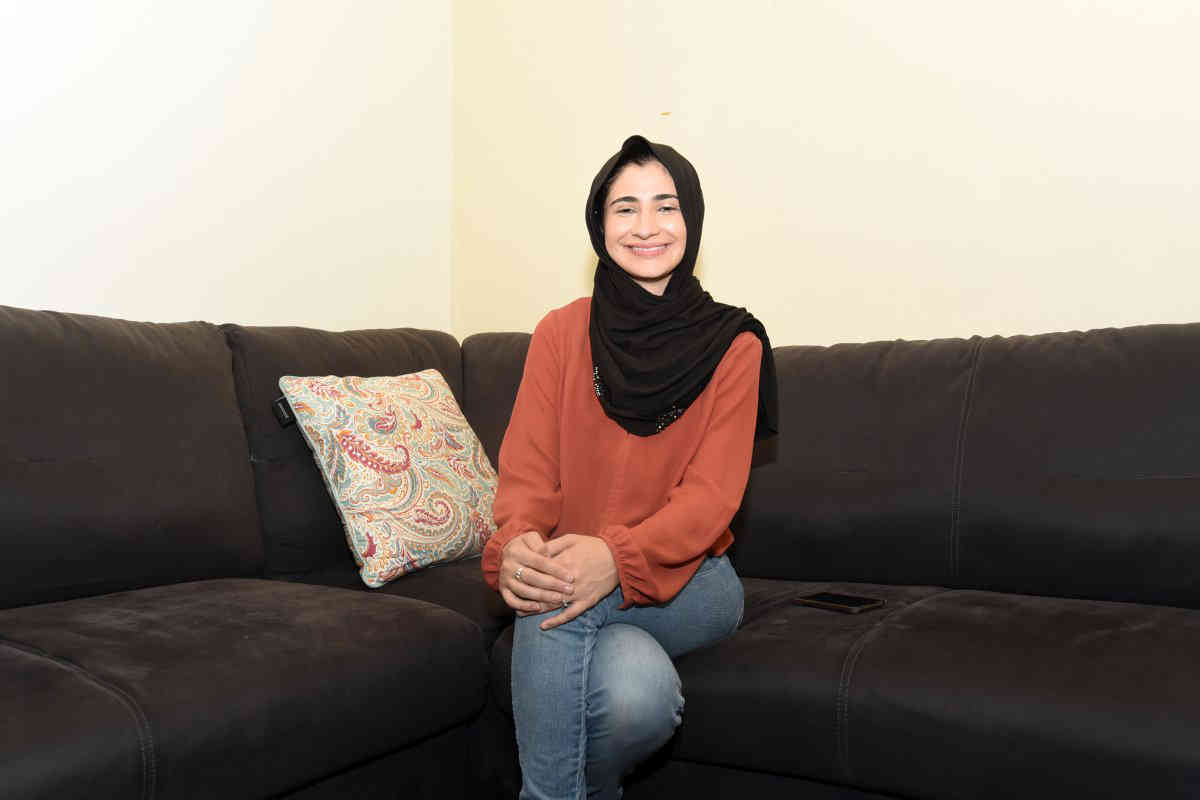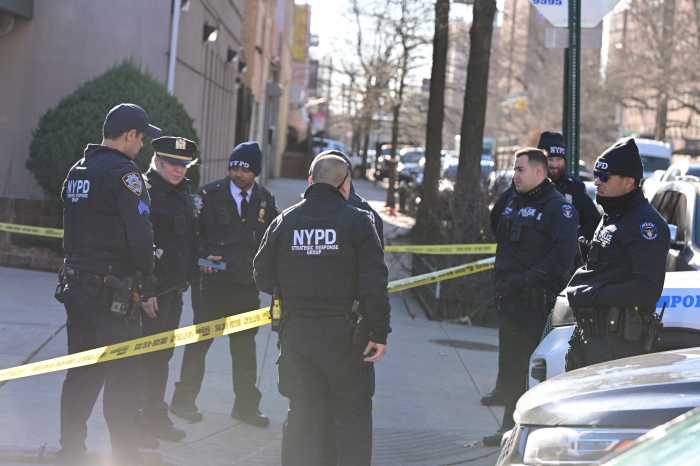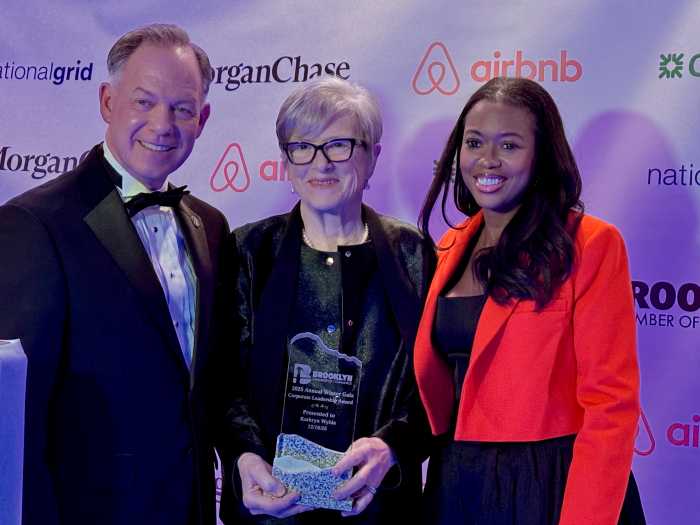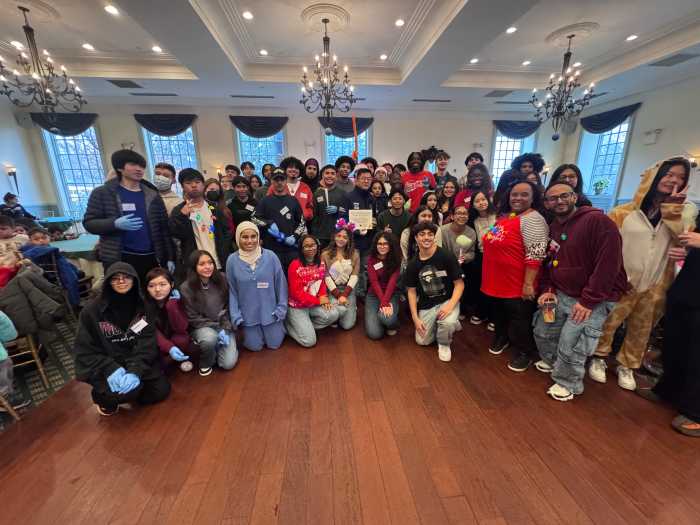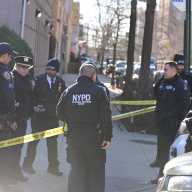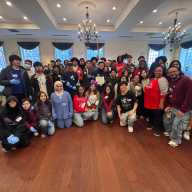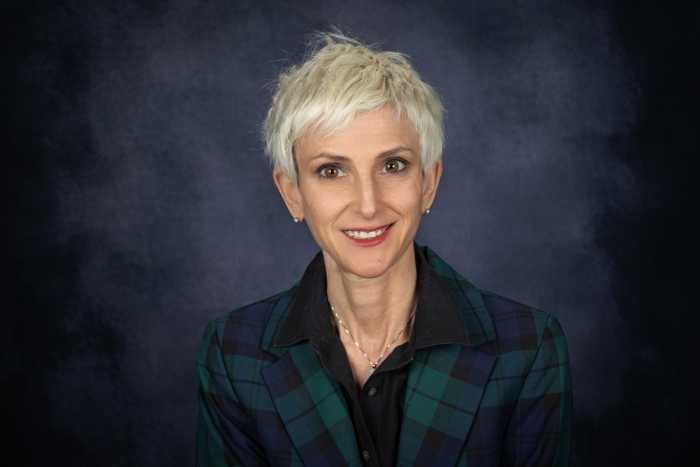The city’s first shelter catering specifically to Muslim women and children experiencing domestic violence opened in Southern Brooklyn in August. The shelter’s director — a Muslim woman herself — said the Asiyah Women’s Center aims to raise awareness about the problem of domestic violence within the Muslim community and support Muslim women in a safe space as they seek to rebuild their lives.
“We have a problem in the Muslim community with domestic violence — it’s a silent crisis that no one really wants to tackle,” said Dania Darwish. “It just makes it easier for a Muslim woman that’s trying to transition [out of her home] and seek support to know that we have the cultural competency and understanding to help them.”
The Asiyah Women’s Center — whose location is not public for safety reasons — has 20 beds in six bedrooms, along with a fully stocked kitchen and living room. An all-female staff and about a dozen volunteers run the shelter, which also welcomes Muslim women facing eviction and homelessness, Darwish said. The director added that the staffers connect survivors with a range of resources, including medical and legal services, job opportunities, and English language courses. And the staffers are sensitive to the women’s religious requirements, serving halal food and taking care of children during prayer times, Darwish said.
The center is meant to be a temporary way station, offering women and their families shelter for seven days, but the staffers can make exceptions, allowing women to stay for longer on a case-by-case basis, according to Darwish.
Darwish and cofounder Mohamed Bahi — the executive director of Muslims Giving Back, a Sunset Park-based organization — teamed up to create the center when they saw more and more Muslim women sharing their stories of abuse at their local mosque and seeking advice from imams, the Islamic faith leaders. But the imams often told the women to return to their husbands, out of both a sense of religious duty as well as an awareness that the men were often helping to financially support the mosque, Bahi said, and that by doing so, some of the imams were helping perpetuate abuse within the community.
“It was so extreme and so bad, and a lot of these women would go to different mosques to get counseling or help, but it would typically be the same answer: ‘have patience,’ or, ‘go through a shelter,’” Bahi said. “For us, it’s a religious thing — if you’re going through a hard time, that means god is testing you. But if you’re with a partner whose abusing you, that’s not god testing you. You gotta get the hell out of that situation. It’s sometimes deadly for these faith leaders to tell their followers to have patience, because abuse gets stronger with time and [the men] get bolder. I feel like this kind of stagnant reaction from our community leaders emboldens these men.”
Many of the women preferred to stay in their abusive homes than go to city shelters, where some reported being purposefully served pork and being harassed for their religion and culture, according to Bahi, saying that many women escaping abuse began sleeping overnight in the mosque with their children — sometimes for weeks.
“It’s extremely intimidating to them to go to a public shelter in New York City, especially because of today’s Islamophobia,” Bahi said. “It came to the point where the mosque itself because a shelter.”
The Asiyah Women’s Center has already helped more than 30 people in the two months that the shelter has been open, connecting women with long-term housing and jobs, Darwish said.
One woman staying at the center said the staffers’ awareness of the intricacies of Islam and Arab culture help make it feel like a home.
“They understand the traditional culture and religious importance,” the survivor said. “It feels like home here, actually — not a shelter.”
Darwish and Bahi have personally funded more than half of the shelter’s nearly $60,000 price tag, and are securing loans and donations from local businesses and raising money via LaunchGood and GoFundMe fund-raisers to make up the rest. They also plan to apply for grants through Borough President Adams’s office as well, Bahi added.
Bahi said that while he’s glad he and Darwish could make their dream a reality, he wishes that the Asiyah Women’s Center wasn’t the first of its kind.
“For me, for our community, it’s an amazing thing to really accomplish,” he said. “But it’s sad that this was not done a long time ago.”
To learn more about the Asiyah Women’s Center, email conta



